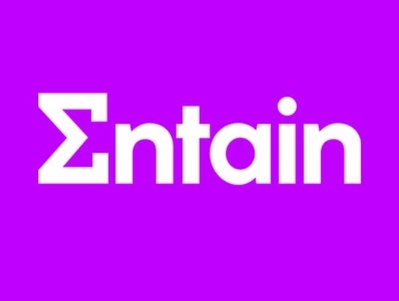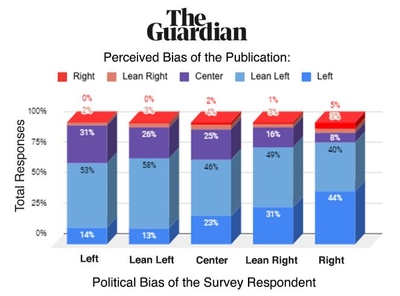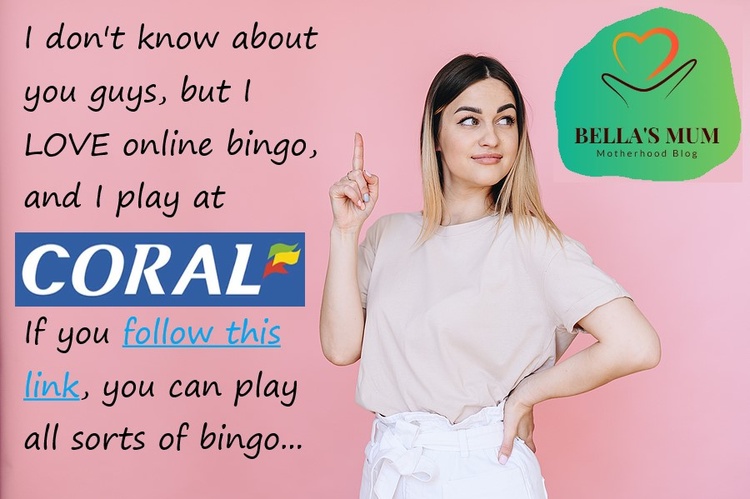An interesting (if slightly misleading) story in the Guardian, has reported that the online betting and gaming brand, Coral, has been targeting new mums with gambling adverts thinly disguised as blog posts.
Understandably, this nasty sounding headline has drawn criticism from commentators, mental health professionals, and anti-gambling campaigners, but there is more to this story than the headline suggests.
The story revolves around links through to Coral’s website that were posted in blogs aimed at women who had recently become mothers, suggesting that playing bingo online could provide some welcome relief from the stress of parenting.
A few quotes from the blogs said things like; “If as a mum you can’t leave the house, then why not consider bingo online? You can click here to play Bingo online at Coral – this momentary break from childcare can prove beneficial.”, and, “opulent games of online roulette that are easy to learn and can provide some handy winnings too”.
These statements clearly break regulations which state that gambling shouldn’t be presented as a way to relieve loneliness, depression, or solve financial problems.
On hearing about this, NHS England’s national mental health director, Claire Murdoch, said:
“It’s cynical for gambling firms to target new and single mums at a time in their lives when they may be suffering stress, sleep deprivation and issues which make them particularly vulnerable.”
She’s correct, and it sounds bad, right?
The thing is, while it’s true that these links and blogs exist, it is not true that Coral ‘went after’ new mothers in a predatory way, and here is why.
The Truth About Search Engine Optimisation and Bingo Websites

I will have to get a little more technical than normal to explain this, but bear with me, I’ll keep it as simple as I can!
Fundamentally, this is all about Google searches, or SERPs – Search Engine Results Pages.
All businesses want to rank highly for relevant search terms on Google’s search engine, because the closer to the top of the first page of results you are, the more likely it is that the person searching will click on your website.
More clicks equal more business, and therefore more money.
However, companies need to rank highly for as many different search terms as possible, because we don’t all use the same language when we use Google, do we?
Think of how many ways you could search for a bingo site:
- New bingo sites
- What is the best bingo site?
- Online bingo
- Sign up offers for bingo websites
- Websites that have bingo
- Where can I play bingo online?
I could go on and on with this, but you can see that all these terms are essentially asking for the same thing but with different words.
These are called ‘keywords’, and just because your website ranks highly for one, it won’t necessarily rank highly for another, so companies are forever looking for ways to improve their search engine optimisation, or SEO.
Remember, the only way a website will show up on Google is if someone searches for a relevant term; that means the person doing the searching has decided to look for a bingo site of their own free will and with no persuasion from a gambling company.
The importance of this will become apparent shortly.
Domain Authority and Buying Links

In order for Google to rank your site highly, you need a combination of factors to fall in your favour, but key among them is domain authority.
You can think of this as how much Google trusts your site in relation to the search term.
One of the ways domain authority is built is by other sites linking back to yours. I have linked back to the Guardian article this blog post is about, and that will help the Guardian’s domain authority because it shows other sites are using it as a credible reference.
The authority of the site linking back to yours is a factor too though; so if the Guardian linked back to this site, that would have a far bigger impact on us than our linking back to the Guardian would have for them, because they are a more credible site in the eyes of Google.
The problem here, is that getting other sites to link to yours is very difficult, even for big companies, so building domain authority organically takes a long time.
To get around this, people buy and sell links to speed up the process – there are marketing agencies that exist solely for this purpose – and now we are getting to the crux of the story.
What Coral had done, was buy links to help build and maintain their authority with Google’s search engine algorithm.
All brands do this.
Lifestyle blogs and the like tend to be the ones that sell links the most and at a cheaper price point too. Coral will have bought thousands more over the years, and mostly at sites that were not in the new parent niche.
So they weren’t ‘targeting’ new mums at all, it just happened that their links ended up on a few blogs in that niche.
Entain Respond to Allegations
 The company that owns the Coral brand, Entain, have responded to the allegations of predatory and misleading advertising.
The company that owns the Coral brand, Entain, have responded to the allegations of predatory and misleading advertising.
They said:
“Neither Coral nor any Entain brand actively targets young mothers or any other potentially vulnerable group through the use of affiliate marketing,”
More importantly, they pointed out that the blog posts in question that contain the links had been posted in 2016, two years before Entain bought the Coral brand (alongside Ladbrokes) in 2018.
So the current owners of the brand did not even own the company when those links were bought, and had no idea they were there.
What’s more, the process of buying links is often done in bulk and outsourced to an agency. So in all likelihood, whoever was responsible for buying those links would have ordered maybe 100 links at blogs across a wide range of niches (home wear, newlyweds, house renovations, whatever) from a marketing agency.
Yes, those blogs would have been in the sorts of niches that the main target audience of online bingo sites would read (young – middle aged women), but that’s a broad spectrum.
The agency would fulfil the order by contacting all the relevant bloggers in their network, who would have then written blog posts, or sections of blog posts, that they could attach the links to. Coral probably had to sign off on them, but their main purpose wasn’t to direct traffic to the Coral site from those blogs, it was increasing the site’s domain authority with that demographic.
On top of this, the regulations were different back in 2016, so the content (which is not industry compliant in places) would not have been considered quite as controversial when it was written as it is today.
Why Has This Old News Come Out Now?

The owners of the new mum blogs haven’t responded to any contact which would suggest the blogs are no longer active, so why is this story being brought up now, and why are Coral being framed as a nasty predatory company targeting vulnerable people?
Well, it makes headlines for a start, and fits in with the current trend of bookie bashing – or bingo bashing in this case.
It is also accepted that the Guardian is a left wing, or at least left leaning, newspaper, and this sort of story would appeal to its reader base.
But suggesting that Coral were zeroing in on vulnerable sleep deprived young mothers is disingenuous, since the Guardian definitely know how this whole process works.
The long and the short of it, is that when Coral bought those links, they weren’t doing so with the aim of getting new mums to click through and play bingo, they were doing it to keep the brand strong for SERPs.

